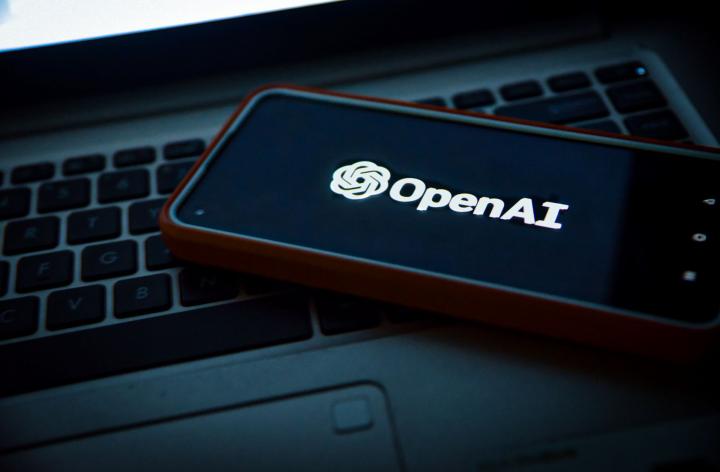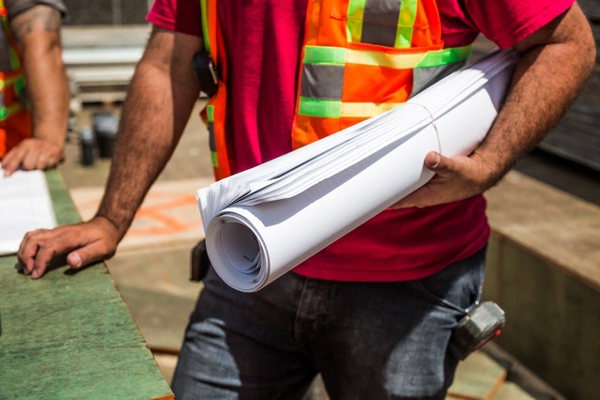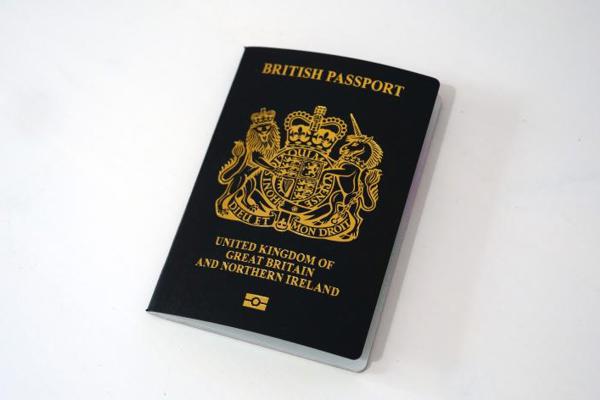
It's hardly surprising, a week doesn't seem to by without a news story about how businesses are using programs such as ChatGPT or another AI chatbot to carry out processes or prepare documents, so could one be used to prepare a visa application?
I decided to see how accurate one program was, and picked the spouse visa as an example application. I asked several questions to see if I could get a list of documents for a successful visa application. The questions included:
- How do I apply for a UK spouse visa?
- What documents do I need to apply for a spouse visa?
- What documents do I need to prove my income for a spouse visa?
- What income can I rely on for a spouse visa?
- How do I prove self employed income for a spouse visa?
- Can I switch visas from inside the UK?
Looking at the answers, here's what I found:
- AI was able to provide a useful high-level overview of the visa process. It got the majority of the process right, although there were some errors such as failing to mention the requirement for medical certificates when applying from certain countries and also giving the incorrect length of an entry clearance visa (it's 33 months and not 30 months)
- In addition to some of the process issues, the chatbot wasn't able to produce an accurate list of the evidence required for an application. It particularly struggled with providing an accurate list of the documents needed to meet the financial requirement, didn't seem to appreciate that different documents were needed for different types of income or that income was calculated over a different period depending on the source of income.
- The results also added in some incorrect additional requirements. For example, one of the answers said that health insurance was required for the visa application, but this is incorrect. One of the rising visa costs is the Immigration Health Surcharge which is mandatory for most applicants and covers the cost of accessing the NHS.
- The program also struggled with the question of switching visas. It gave a general guide that applied to a number of countries but incorrectly said that switching was possible from inside the UK.
Overall, I won't be outsourcing my work to ChatGPT or anything similar just yet. In fact, if I was to follow the AI program's advice, I would likely have a large number of refusals to deal with. Artificial Intelligence, at the point of writing, doesn't seem to be able to handle the complexities of the document requirements for a spouse visa application and the Home Office can be unforgiving as a single mistake can result in a costly refusal.
Perhaps, in the future, AI will be better able to handle visa applications but for now it seems to carry a high risk of refusal. In fairness, this is recognised as almost every answer included a caveat along the lines of "It's crucial to consult the official UK Government website or seek advice from an immigration adviser for the most accurate and up to date information".
While visa costs are going up, people will obviously be tempted to try to cut back on expenses and avoid the cost of legal advice but at the moment AI doesn't seem to offer a solution to this. We offer a range of fixed fee options to suit different budgets while helping to minimise the risk of refusal so if you are looking for advice please take a look at our spouse visa guide and get in touch to find out how we can help.


